How To Restore Your Healthy Gut Bacteria When You're On Antibiotics


Antibiotics have quickly become an almost indispensable part of our daily lives. While these seemingly magical pills can be lifesavers in most circumstances, they can, however, come with a host of side-effects that need to be carefully evaluated before their use.
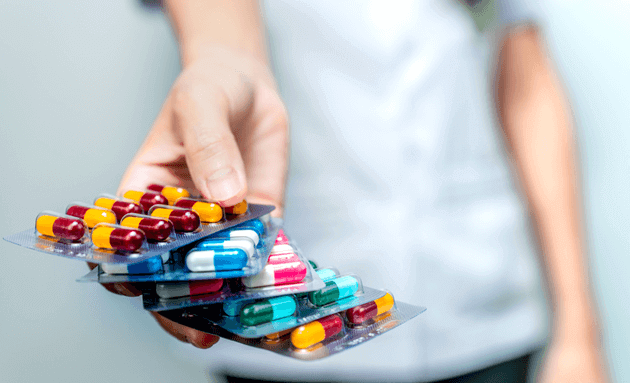
Antibiotics fight bacterial infections by restricting the proliferation and reproduction of harmful bacteria. In the process, they also kill the good bacteria (in areas like your gut) that play an essential role in bolstering your immunity.
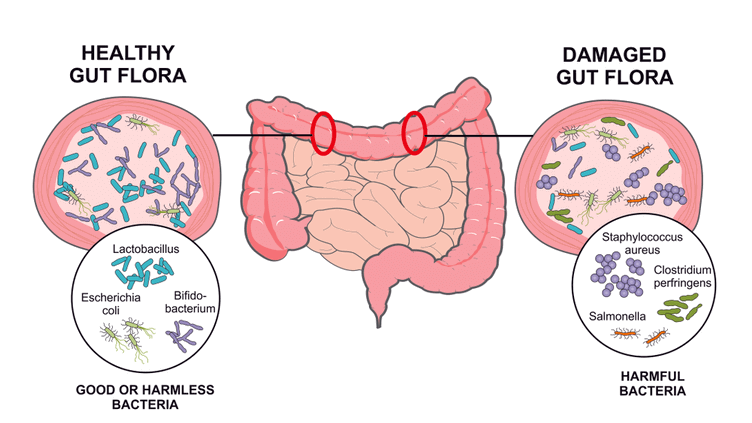
Since the gut is directly affected, stomach related issues like flatulence, diarrhoea, nausea, acid reflux and vomiting may crop up. Heavier doses of antibiotics can also cause acne breakouts, yeast infections, irritable bowel syndrome, brain fog and even exacerbation of certain autoimmune diseases.
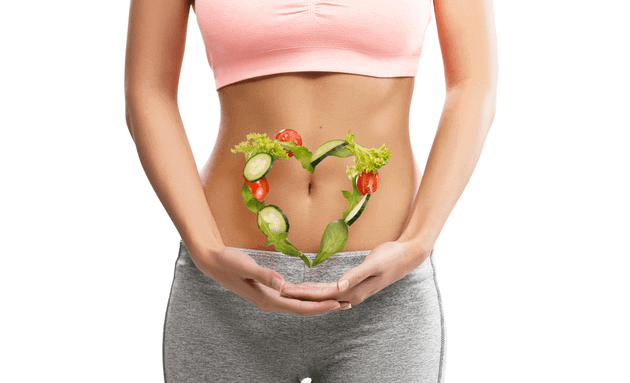
Trillions of healthy bacteria live in our gut and manage a host of functions - inflammation, immunity systems, weight, heart health - you name it. Further, the Gut-Brain Axis (GBA) is a system by which the chemicals in the gut transmit essential neurological functions to our brains.

Unhealthy bacteria lost due to antibiotics needs to be restored quickly by adding healthy bacteria to the system. The balance between good and bad bacteria has to be attained fast and dietary inputs are the best way to do it. Read on to know about 6 gut-friendly foods that you need to include in your diet
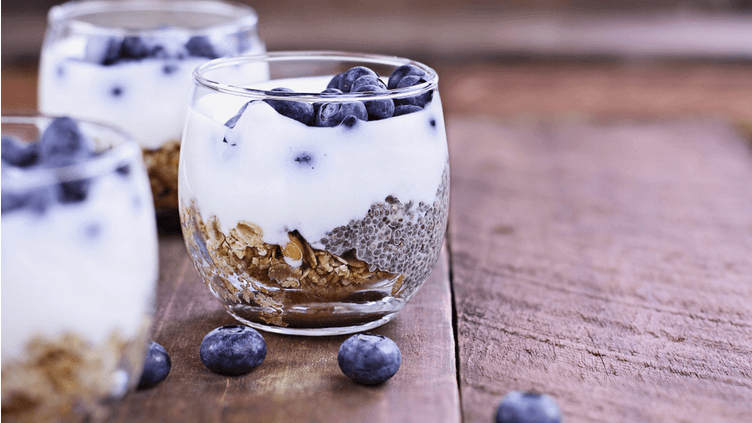
Probiotics are an umbrella term for a range of "good" bacteria. Add natural probiotics like Curd or yoghurt to help repopulate the good bacteria in your gut. Tip: Always consult your doctor before consuming probiotics. Its is a good habit to maintain a two-hour gap between the medicine dose and the probiotic.
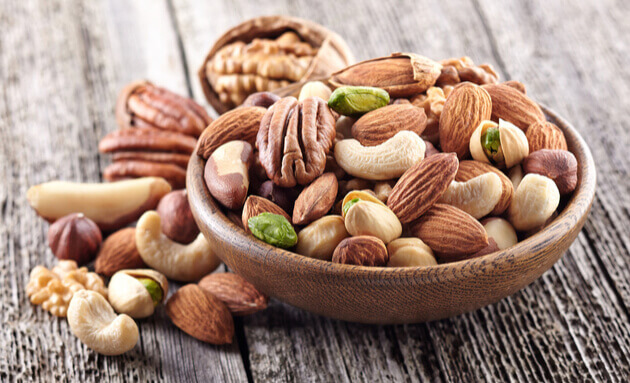
Fibre-rich foods stimulate bacterial growth and taste good too. Opt for vegetables, fruits, nuts, seeds, berries, bananas, and whole-grain rice. Tip: Have a variety of colours in your vegetables - this will help get more antioxidants also.
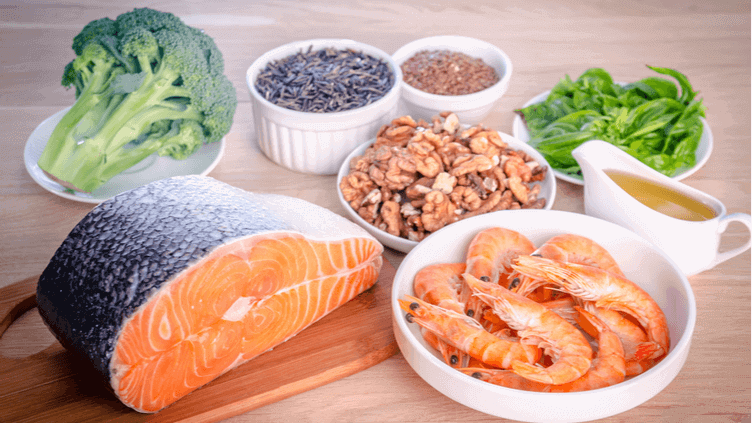
Collagen helps maintain the lining of the digestive tract which can get weakened with heavy antibiotic use. Add meats, eggs and leafy vegetables to replenish your body's depleted collagen reserves.
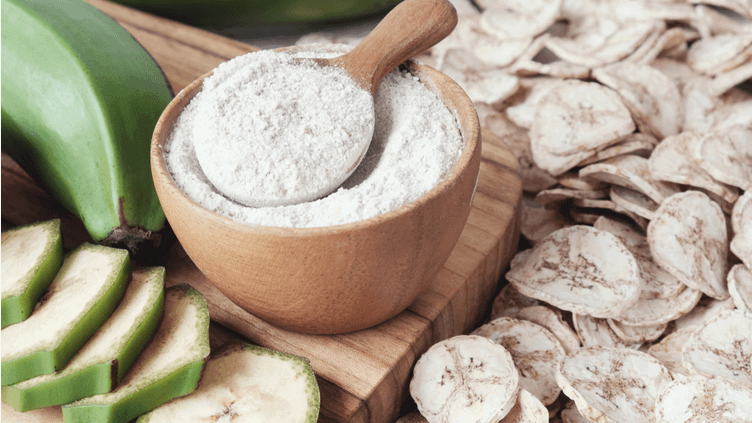
Foods with resistant starch resist digestion and get fermented in the gut, producing good bacteria. You can find it in unroasted cashews, raw green bananas, oats, barley, beans and raw potato starch. Tip: Cook rice, pasta or potatoes in advance and let them sit in the fridge for some time - this increases their resistant starch content.
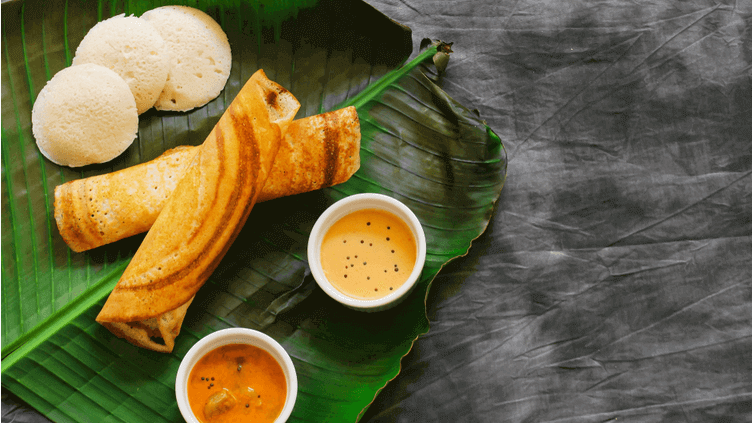
From the humble idli or dosa to exotic sauerkraut and kimchi, fermented foods are a useful way of adding healthy bacteria to your system. Tip: You can add some pickle to every meal to get the taste and benefits of fermented foods.
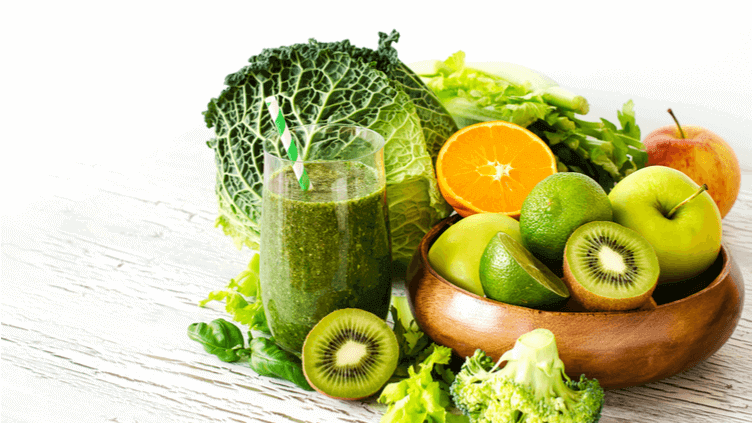
Antibiotics deplete vitamin levels when taken over a long period, especially Vitamin K. Have dark leafy greens, mushrooms, fish, eggs and vegetables to supplement your vitamin levels.






